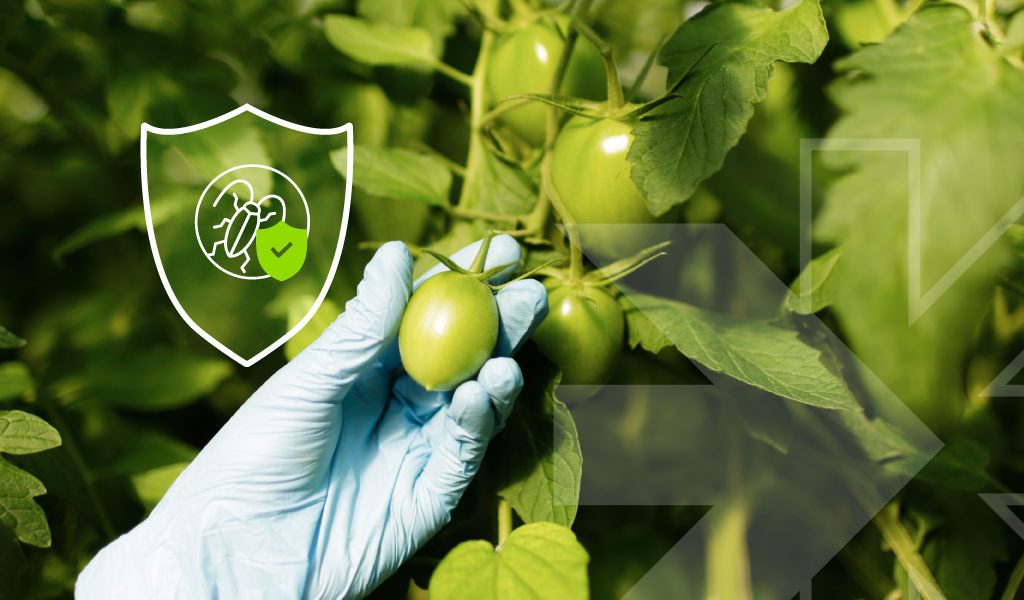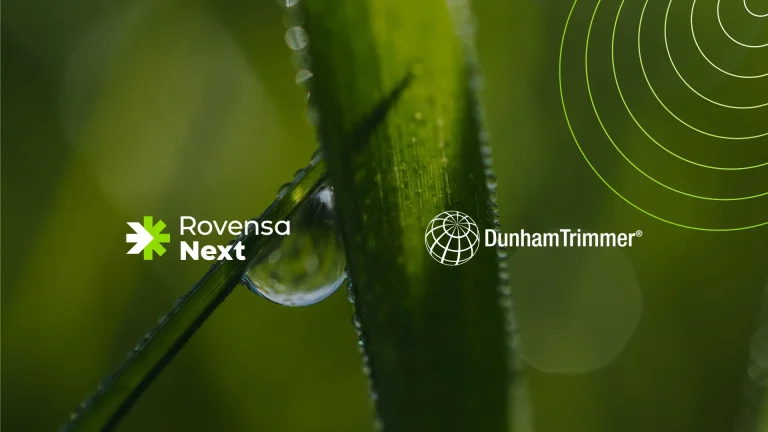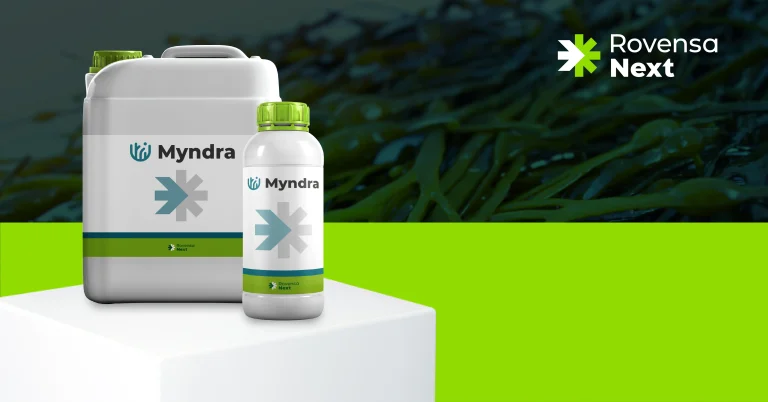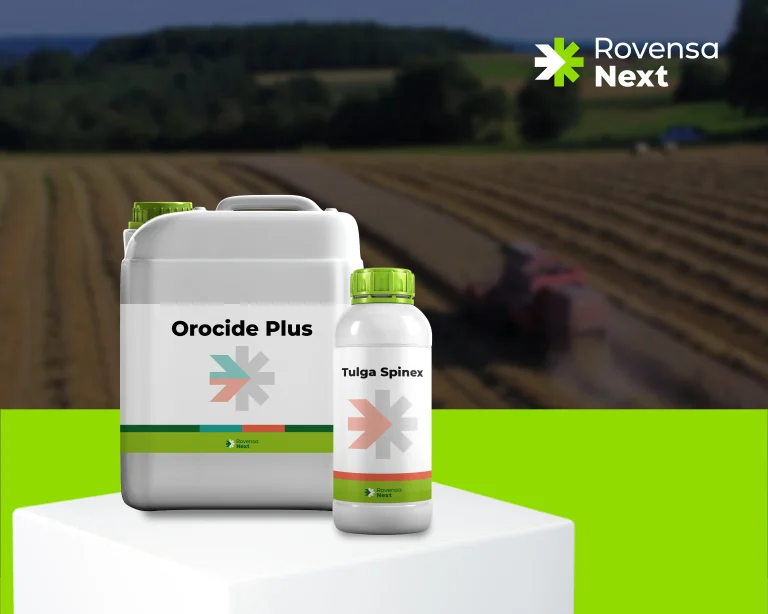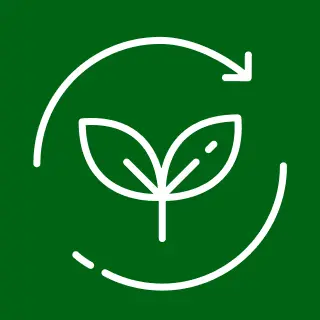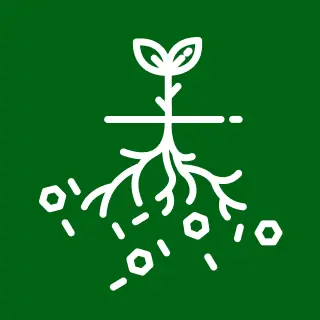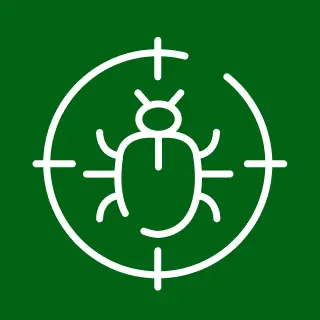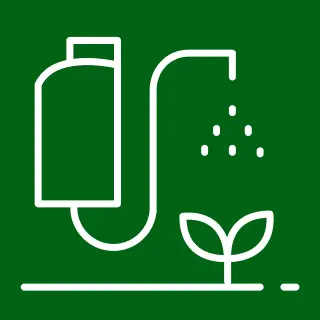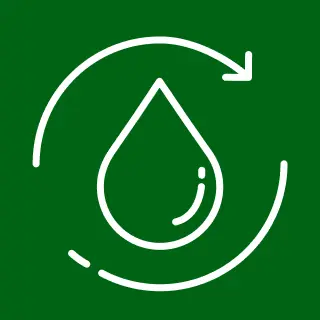What is Integrated Pest Management (IPM)?
Integrated Pest Management (IPM) is a comprehensive strategy that uses a combination of techniques to control pest populations effectively, economically, and environmentally sensitively. This approach focuses on long-term prevention and management of pests through a combination of biological, cultural, physical, and chemical methods.
Strategies for effective IPM
- Biological control: Utilising natural predators, parasites, and pathogens to control pest populations. This method reduces the reliance on chemical pesticides and promotes a balanced ecosystem.
- Cultural practices: Implementing agricultural practices such as crop rotation, intercropping, and proper sanitation to reduce pest habitats and disrupt their life cycles.
- Physical control: Employing physical barriers, traps, and manual removal to manage pests. This includes using nets, mulches, and other materials to prevent pest access to crops.
- Chemical control: When necessary, using targeted and environmentally friendly pesticides that minimise harm to non-target organisms and reduce the risk of resistance development.
Benefits of integrated pest management
- Environmental protection: IPM reduces the use of chemical pesticides, thereby minimising pollution and protecting non-target species, including beneficial insects, wildlife, and aquatic ecosystems.
- Reduces appearance of pest resistance: By using the strategies above mentioned, IPM helps reduce the development of pest resistance, ensuring long-term effectiveness and ecological balance.
- Economic efficiency: By focusing on prevention and using a combination of control methods, IPM can reduce the overall cost of pest management. It helps farmers avoid the high pesticide resistance and pest resurgence costs.
- Sustainable agriculture: IPM promotes sustainable farming practices that enhance soil health, biodiversity, and ecosystem resilience. It supports long-term agricultural productivity and food security.
- Human health: Reducing the reliance on chemical pesticides lowers the risk of exposure to harmful substances for farmers, farm workers, and consumers. This contributes to safer food production and healthier communities.
- Improved crop quality: By managing pests more effectively and sustainably, IPM helps maintain crop quality and yield, ensuring a reliable supply of high-quality produce.
Latest advances in IPM: Insights from the British Council and the European Commission
The British Council and the European Commission have highlighted recent developments in IPM, reflecting a global shift towards more sustainable agricultural practices.
- British Council: The British Council has emphasized the need for a new IPM paradigm that incorporates modern agricultural technologies, communication tools, and sustainability principles. This new model expands on traditional ecological and economic aspects, including management, business, and sustainability factors. It underscores the importance of research, outreach, and integrating human, environmental, social, and economic factors in food production. [1]
- European Commission: The European Commission has proactively promoted IPM through various initiatives. In February 2023, they published a comprehensive database of IPM methods, showcasing around 1300 examples of practices, techniques, and technologies. This database aims to inspire national authorities and farm advisors to develop and implement IPM approaches tailored to local conditions. [2]
The Commission’s efforts are part of a broader strategy to reduce dependency on chemical pesticides, aligning with the Sustainable Use of Pesticides Directive (SUD) and the European Green Deal. Key components of their IPM strategy include crop rotation, balanced fertilization, and the use of non-chemical pest control methods whenever possible.
At Rovensa Next IPM strategy focuses on using natural-origin biochemical compounds to deter and control pest populations. Our portfolio includes highly effective biocontrol solutions that are safe for the environment and leave minimal residues on crops. These solutions target common pests such as aphids, mites, and whiteflies, ensuring robust pest resistance management.
At Rovensa Next, we have a highly skilled technical team that plays a crucial role in implementing our Integrated Pest Management (IPM) strategies. Our team not only develops effective and safe biocontrol solutions but also provides expert advice to farmers. This guidance is essential to ensure that IPM practices are applied optimally, maximising the efficacy of our products and minimising environmental impact. With boots on the ground, our technicians work closely with farmers, ensuring that pests are managed sustainably from seed to harvest, guaranteeing healthy and productive crops.
The Biocontrol Solutions at Rovensa Next
We offer a range of biocontrol solutions designed to meet the specific needs of growers. Our products are developed using natural-origin biochemical compounds, ensuring they are safe, effective, and environmentally friendly.
- Prev-Am: A bioinsecticide, bioacaricide, and biofungicide that provides immediate action against a variety of pests.
- Santem: A combination of highly effective all-natural pyrethrins for controlling a wide range of insects.
- Tecbom: A natural insecticide specifically targeting whiteflies.
- Tec-fort: A self-encapsulating natural pyrethrin-based bioinsecticide that offers long-lasting protection.
- Portento: Advanced biofungicide based on the new Bacillus subtilis strain iab/bs03 with a preventive and curative effect on Venturia spp. (apple scab) on pome fruit trees, powdery mildew on cucurbits with edible peels and mildew on lettuce and similar crops.
- Milagrum Plus: Biological fungicide with preventive and curative action against mildew, based on the latest generation. Strain of Bacillus subtilis iab/bs03 and other co-formulants, protectants and liquid solvents specially selected to boost its fungicidal effect.
- Ospovi: Biofungicide used for prevention (on deciduous fruit trees) and to cure plants affected by powdery mildew, Bacillus subtilis strain iab/bs03-based with solid synergetic co-formulants specially selected to boost the fungicide effect.
- Naturdai Mim: Is a natural preventive and curative fungicide for the control moulds (Botrytis spp., Sclerotinia spp.), Damping off (Fusarium spp.) and Sigatoka, based on natural extracts of Mimosa.
Our solutions are designed to be integrated into existing pest management programs, providing growers with the tools they need to manage pests sustainably from seed to shelf.
Commitment to sustainability
Integrated Pest Management at Rovensa Next exemplifies the future of sustainable agriculture. By leveraging natural biocontrol solutions and staying abreast of the latest advancements in IPM, Rovensa Next is helping to create a more resilient and eco-friendlier agricultural sector. The insights from the British Council and the European Commission further reinforce the importance of adopting holistic and innovative approaches to pest management, ensuring a sustainable and productive future for global agriculture.
At Rovensa Next, we are committed to promoting sustainable agriculture through innovative Integrated Pest Management (IPM) solutions that ensure crop health, improve yields, and protect the environment.
For more information on our IPM products and services, contact your local Rovensa Next Expert.
Sources:
[1] British Council – New IPM Paradigm

